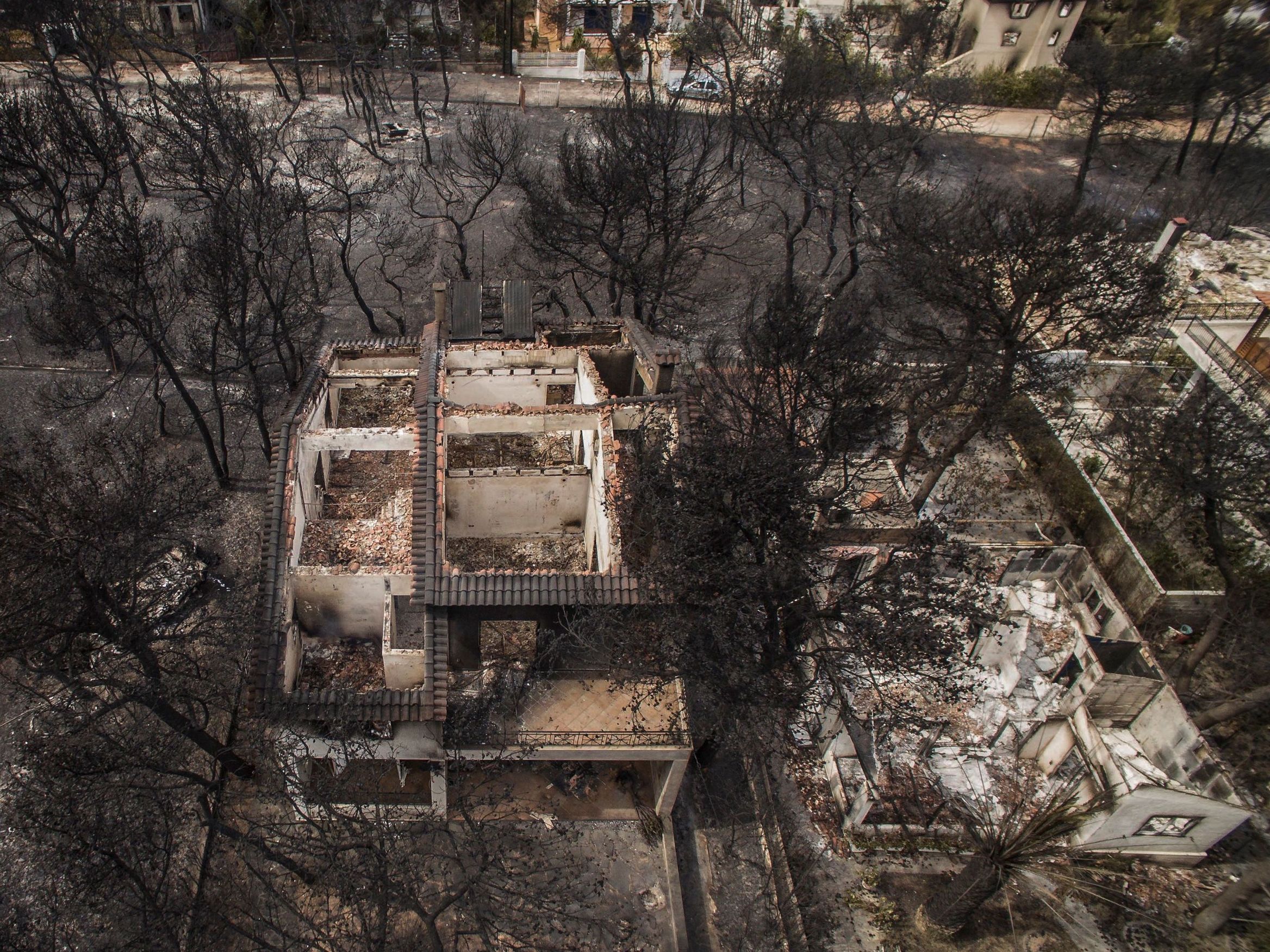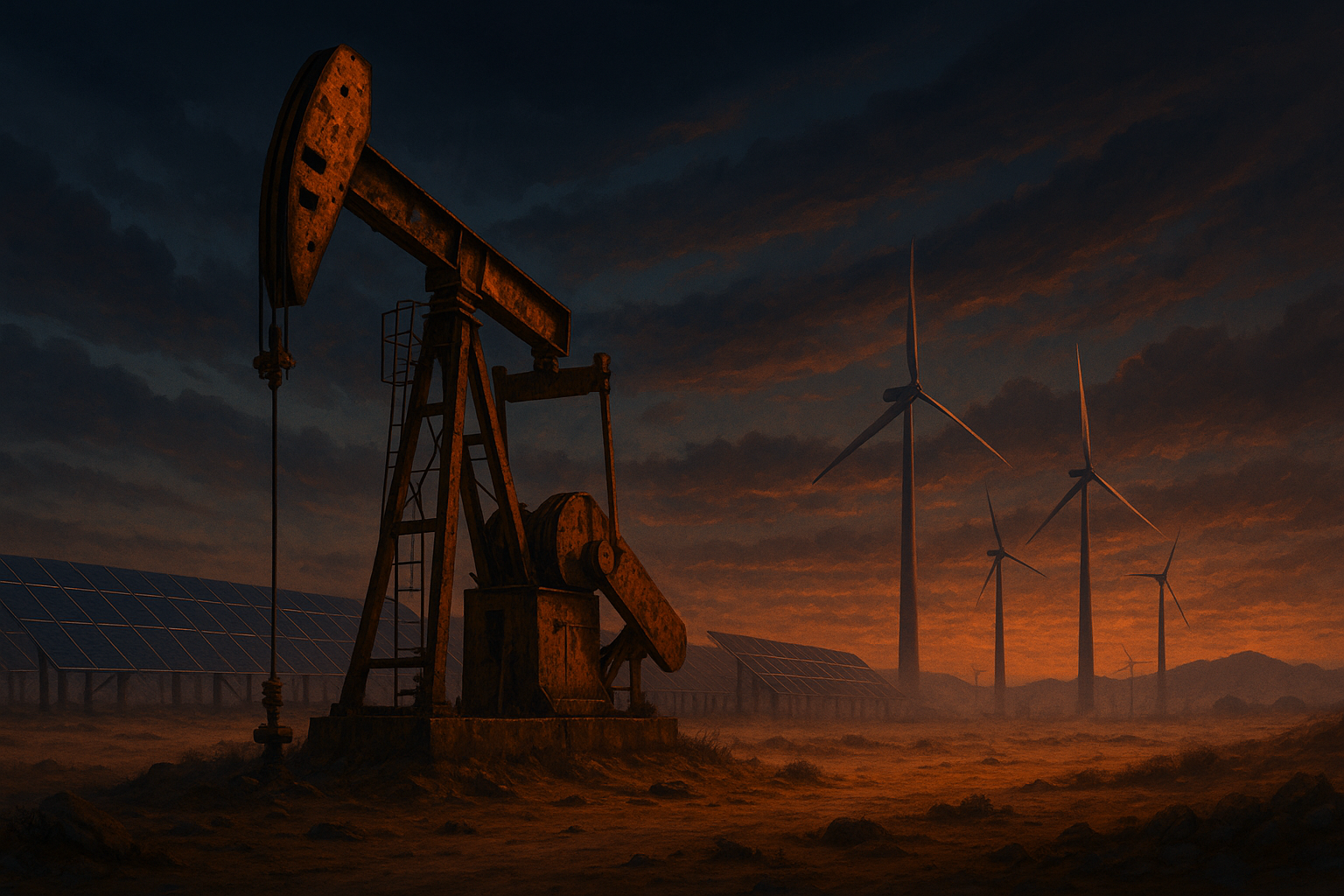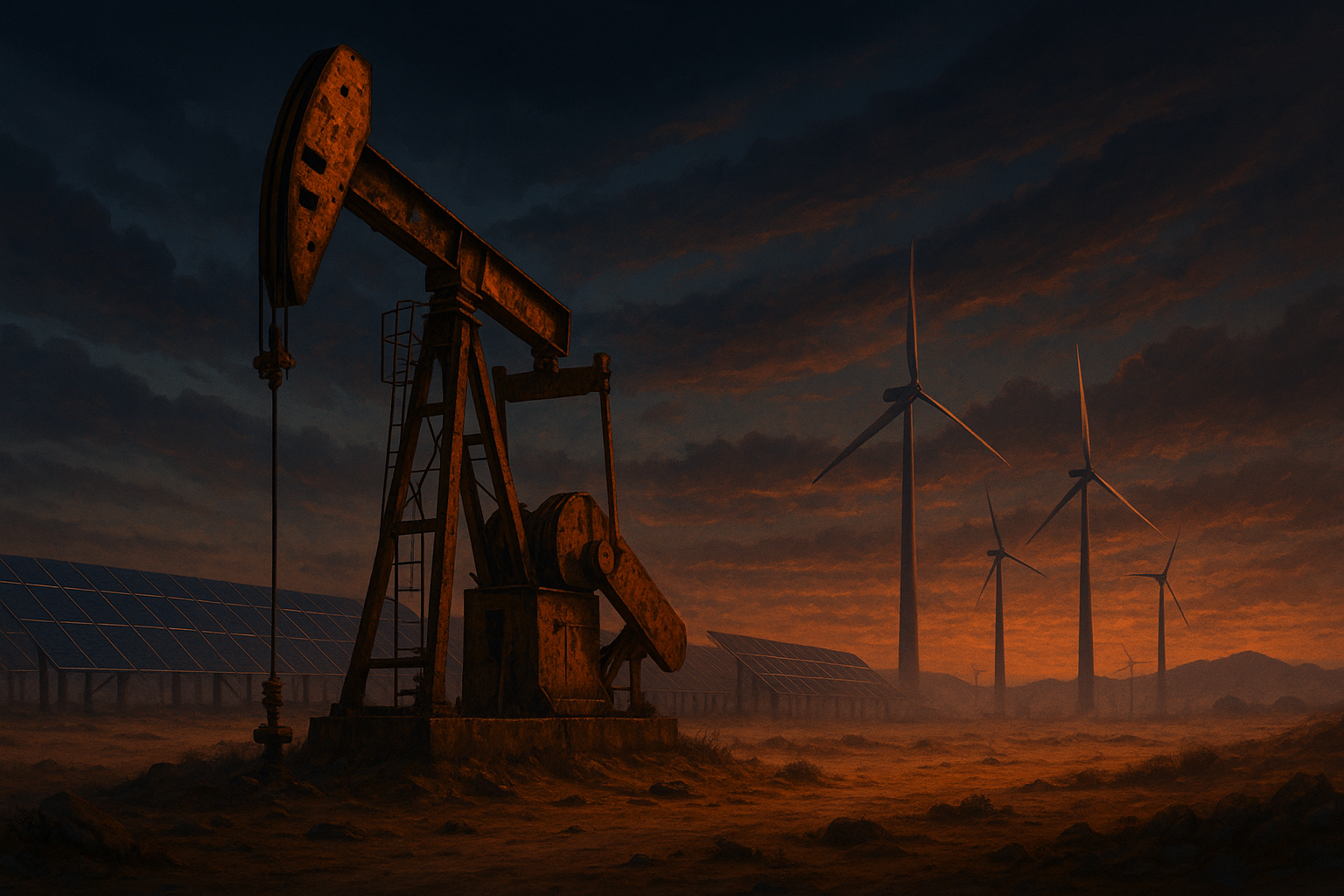The extreme weather events of the summer of 2018 are not just symptoms of climate breakdown. They are early stage warnings of a protracted process of civilisational collapse as industrial societies face some of the opening symptoms of having already breached the limits of a safe climate. These events are a taste of things to come on a business-as-usual trajectory. They elicit a sense of how industrial civilisational systems are vulnerable to collapse due to escalating climate impacts. And they highlight the urgent necessity of communities everywhere undertaking steps to achieve a systemic civilisational transition toward post-capitalist systems which can survive and prosper after fossil fuels.
Climate ‘doom’ is already here
This summer’s extreme weather has hit home some stark realities.
Climate disaster is not slated to happen in some far-flung theoretical future.
It’s here, and now.
Droughts threatening food supplies, floods in Japan, extreme rainfall in the eastern US, wildfires in California, Sweden and Greece.
In the UK, holiday-makers trying to cross the Channel tunnel to France faced massive queues when air conditioning facilities on trains failed due to the heatwave. Thousands of people were stranded for five hours in the 30C heat without water.
In southern Laos, heavy rains led to a dam collapse, rendering thousands of people homeless and flooding several villages.
The stories came in thick and fast, from all over the world.
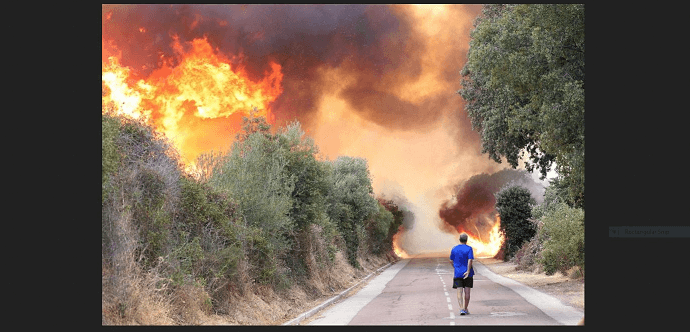
Most of the traditional media did not report these incidents as symptoms of an evolving climate crisis.
Some commentators did point out that the events might be linked to climate change.
None at all acknowledged that these extreme weather events might be related to the fact that since 2015, we have essentially inhabited a planet that is already around 1C warmer than the pre-industrial average: and that therefore, we are already, based on the best available science, inhabiting a dangerous climate.
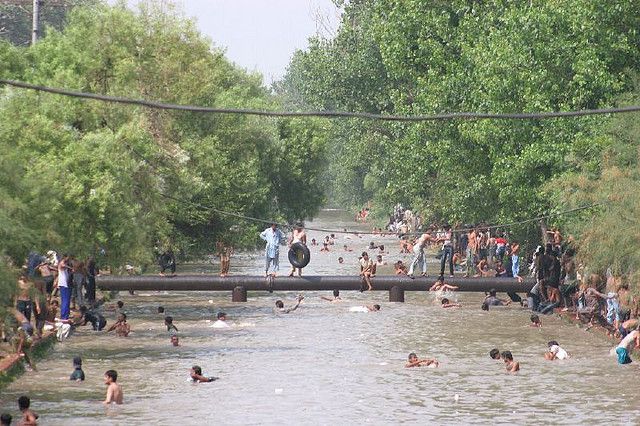
The breaching of the 1C tipping point — which former NASA climate science chief James Hansen pinpointed as the upper limit to retain a safe climate — was followed this March by atmospheric carbon concentrations reaching, for the first time since records began, 400 ppm (parts per million).

Once again, the safe upper limit highlighted by Hansen and colleagues — 350 ppm — has already been breached.
Yet these critical climate milestones have been breached consecutively with barely a murmur from either the traditional and alternative media.
The recent spate of catastrophic events are not mere anomalies. They are the latest signifiers of a climate system that is increasingly out of balance — a system that was already fatally struck off balance through industrial overexploitation of natural resources centuries ago.
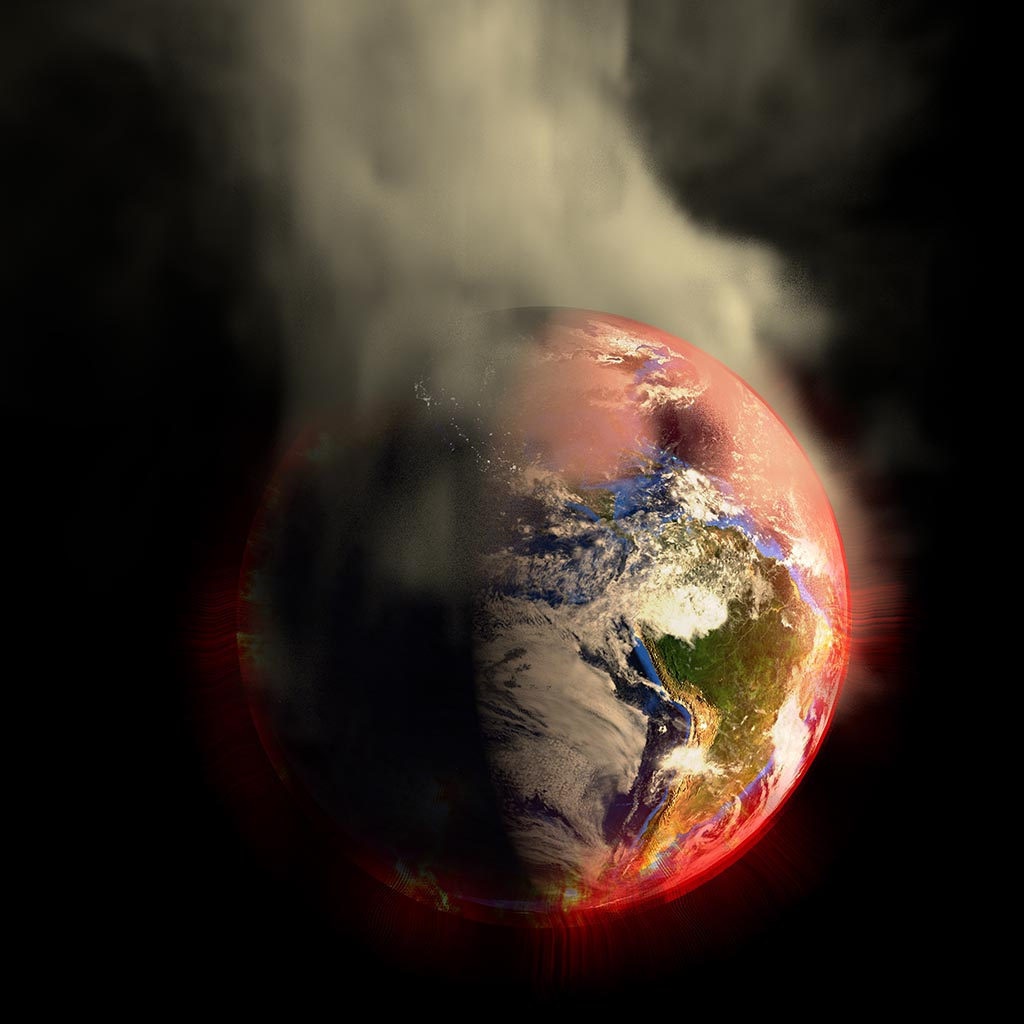
Our sense-making apparatus is broken
But for the most part, the sense-making apparatus by which we understand what is happening in the world — the Global Media-Industrial Complex (a network of media communications portals comprised of both traditional corporate and alternative outlets) — has failed to convey these stark realities to the vast majority of the human population.
We are largely unaware that 19th and early 20th century climate change induced by industrial fossil fuel burning has already had devastating impacts on the regional climate of Sub-Saharan Africa; just as it now continues to have escalating devastating impacts on weather systems all over the world.
The reality which we are not being told is this: these are the grave consequences of inhabiting a planet where global average temperatures are roughly 1C higher than the pre-industrial norm.
Sadly, instead of confronting this fundamentally existential threat to the human species — one which in its fatal potential implications point to the bankruptcy of the prevailing paradigms of social, political and economic organisation (along with the ideology and value-systems associated with them) — the preoccupation of the Global Media-Industrial Complex is at worst to focus human mind and behaviour on consumerist trivialities.
At best, its focus is to pull us into useless, polarising left-right dichotomies and forms of impotent outrage that tend to distract us from taking transformative systemic action, internally (within and through our own selves, behaviours psychologies, beliefs, values, consciousness and spirit) and externally (in our relationships as well as our structural-institutional and socio-cultural contexts).
Collapse happens when the system is overwhelmed
These are the ingredients for the beginning of civilisational collapse processes. In each of these cases, we see how extreme weather events induced by climate change creates unanticipated conditions for which international, national and local institutions are woefully unprepared.
In order to respond, massive new expenditures are involved, including emergency mobilisations as well as new spending to try to build more robust adaptations that might be better prepared ‘next time’.
But the reality is that we are already failing to avert an ongoing trajectory of global temperatures rising to not merely a dangerous 2C (imagine a doubling intensity of the sorts of events we’ve seen this summer happening year on year); but, potentially, as high as 8C (the catastrophic impacts of which would render much of the planet uninhabitable).

In these contexts, we can begin to see how a protracted collapse process might unfold. Such a collapse process does not in itself guarantee the ‘end of the world’, or even simply the disappearance of civilisation.
What it does imply is that specific political, economic, social, military and other institutional systems are likely to become increasingly overwhelmed due to rising costs of responding to unpredictable and unanticipated climate wild cards.
It should be noted that as those costs are rising, we are simultaneously facing diminishing economic returns from our constant overexploitation of planetary resources, in terms of fossil fuels and other natural resources.
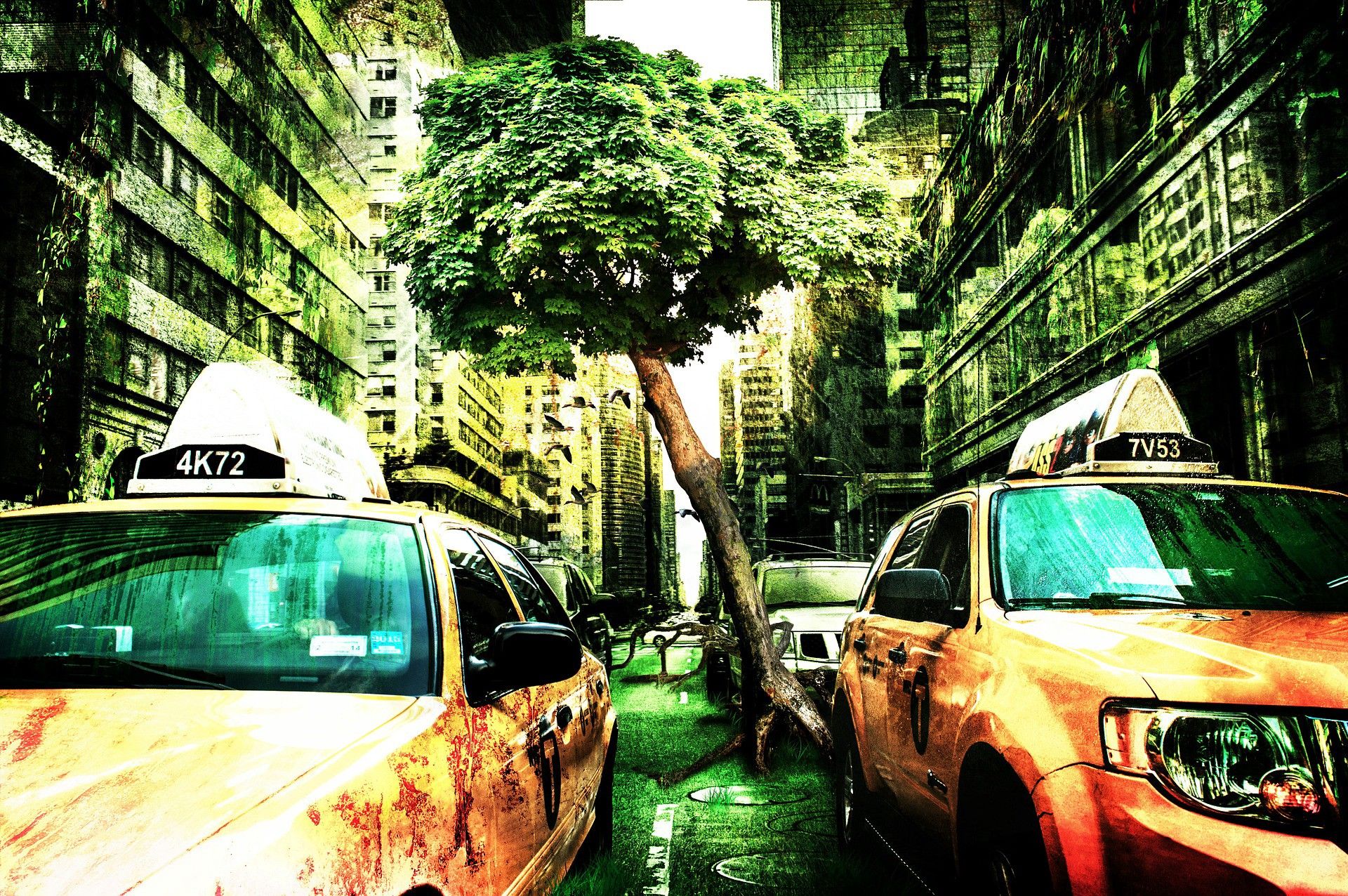
In other words, in coming decades, business-as-usual implies a future of tepid if not declining economic growth, amidst escalating costs of fossil fuel consumption, compounded by exponentially accelerating costs of intensifying climate impacts as they begin to erode and then pummel and then destroy the habitable infrastructure of industrial civilisation as we know it.
Collapse does not arrive in this scenario as a singular point of terminal completion. Rather, collapse occurs as a a series of discrete but consecutive and interconnected amplifying feedback processes by which these dynamics interact and worsen one another.
Earth System Disruption (ESD) — the biophysical processes of climate, energy and ecological breakdown — increasingly lead to Human System Destabilisation (HSD). HSD in turn inhibits our capacity to meaningfully respond and adapt to the conditions of ESD. ESD, meanwhile, simply worsens. This, eventually, leads to further HSD. The cycle continues as a self-reinforcing amplifying feedback loop, and each time round the cycle comprises a process of collapse.
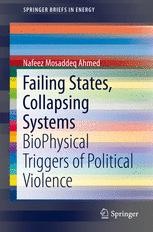
This model, which I developed in my Springer Energy Briefs study Failing States, Collapse Systems, demonstrates that the type of collapse we are likely to see occurring in coming years is a protracted, cyclical process that worsens with each round. It is not a final process, and it is not set-in-stone. At each point, the possibility of intervening at critical points to mitigate, ameliorate, adapt, or subvert still exists. But it gets harder and harder to do so effectively the deeper into the collapse cycle we go.
Insanity
One primary symptom of the collapse process is that as it deepens, the capacity of the prevailing civilisational configuration to understand what is happening becomes increasingly diminished.
Far from waking up and taking action, we see that the human species is becoming increasingly mired in obsessing over geopolitical and economic competition, self-defeating acts of ‘self’-preservation (where the ‘self’ is completely misidentified), and focused entirely on projecting problems onto the ‘Other’.
A key signifier of how insidious this is, is in yourself. Look to see how your critical preoccupations are not with yourself or those with which you identify; but that and those whom you oppose and consider to be ‘wrong.’
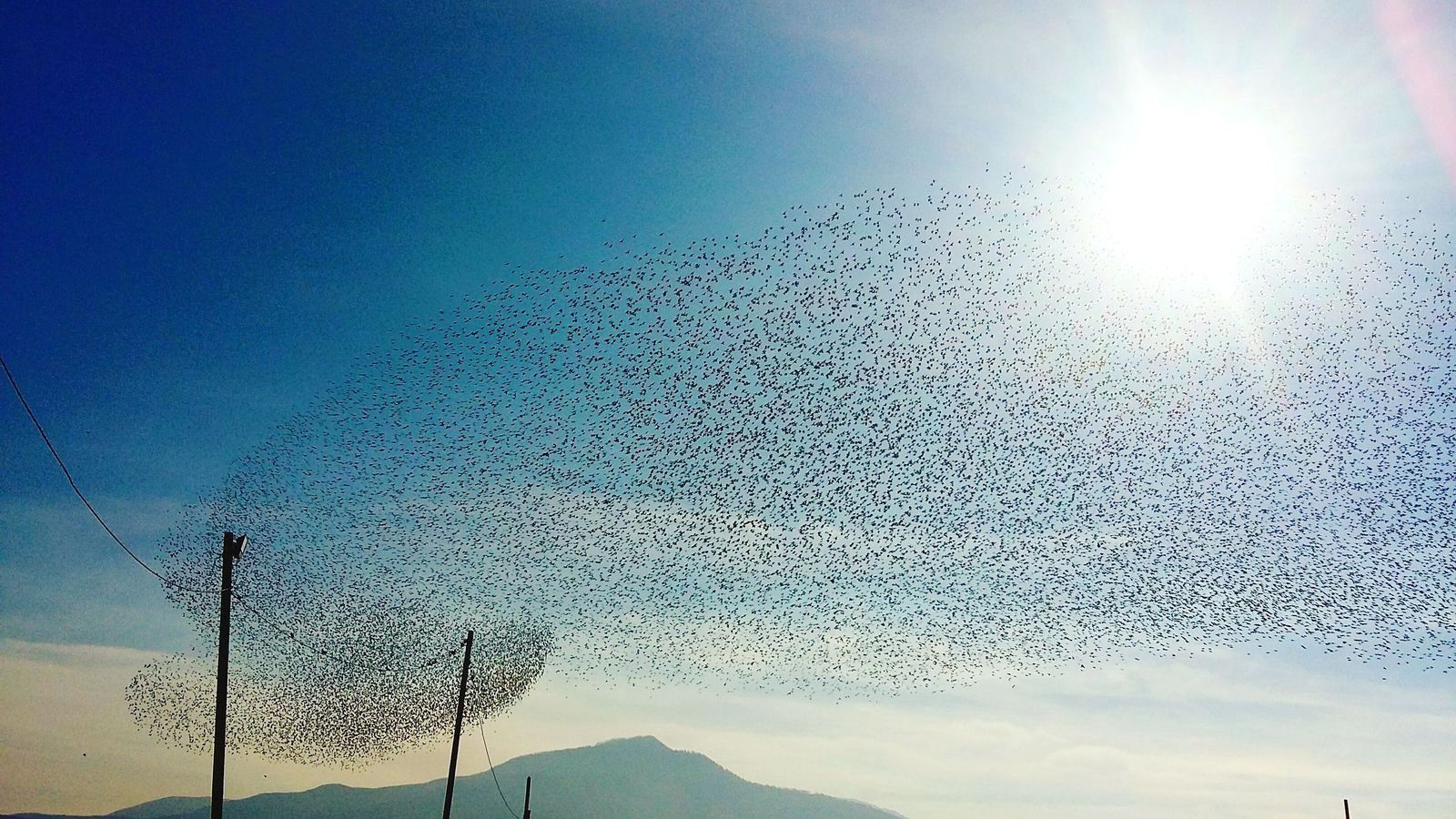
At core, the critical precondition for effective action at this point is for each of us to radically subvert and challenge these processes through a combination of internal introspection and outward action.
In ourselves, the task ahead is for each of us to become the seeds of that new, potential civilisational form — ‘another world’ which is waiting to be birthed not through some far-flung ‘revolution’ in the future, but here and now through the transformations we undertake in ourselves and in our contexts.
We first wake up. We wake up to the reality of what is happening in the world. We then wake up to our own complicity in that reality and truly face up to the intricate acts of self-deception we routinely undertake to conceal ourselves from this complicity. We then look to mobilise ourselves anew to undo these threads of complicity where feasible, and to create new patterns of work and play that connect us back with the Earth and the Cosmos. And we work to connect our own re-patterning with the re-patterning work of others, with a view to plant the seed-networks of the next system — a system which is not so much ‘next’, but here and now, emergent in the fresh choices we make everyday.
So… welcome. Welcome to a 1C planet. Welcome to the fight to save ourselves from ourselves.



